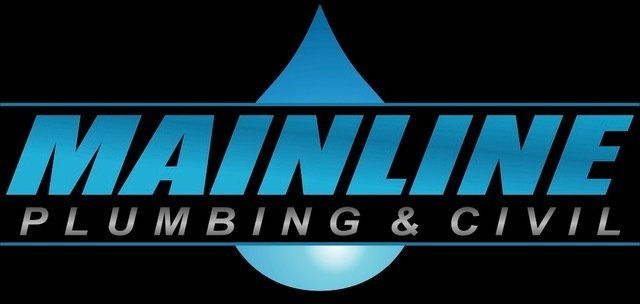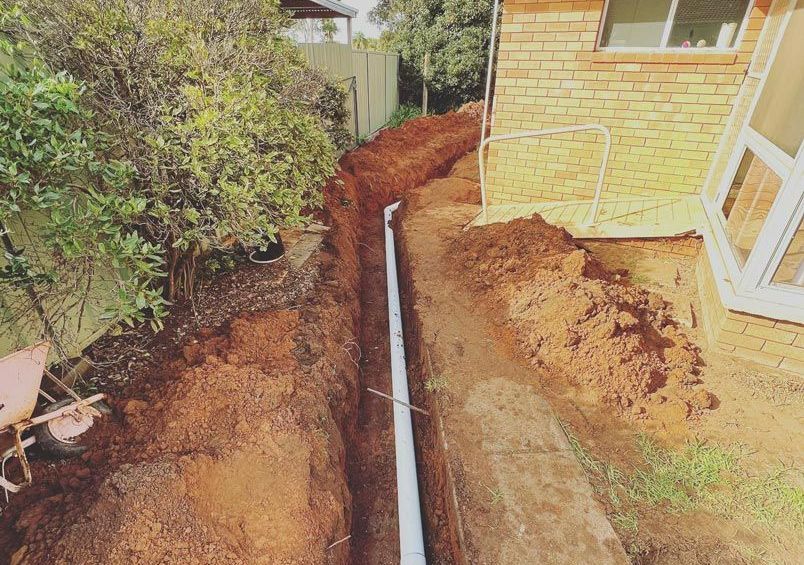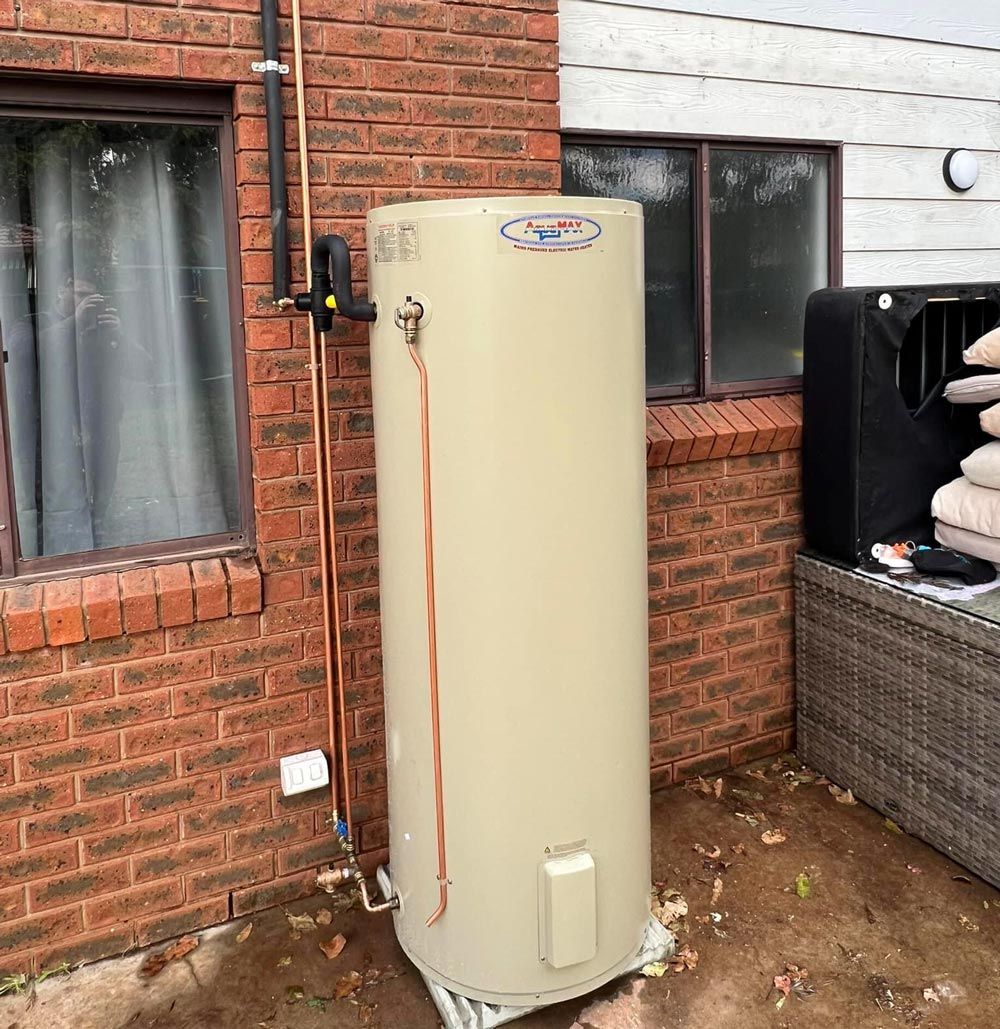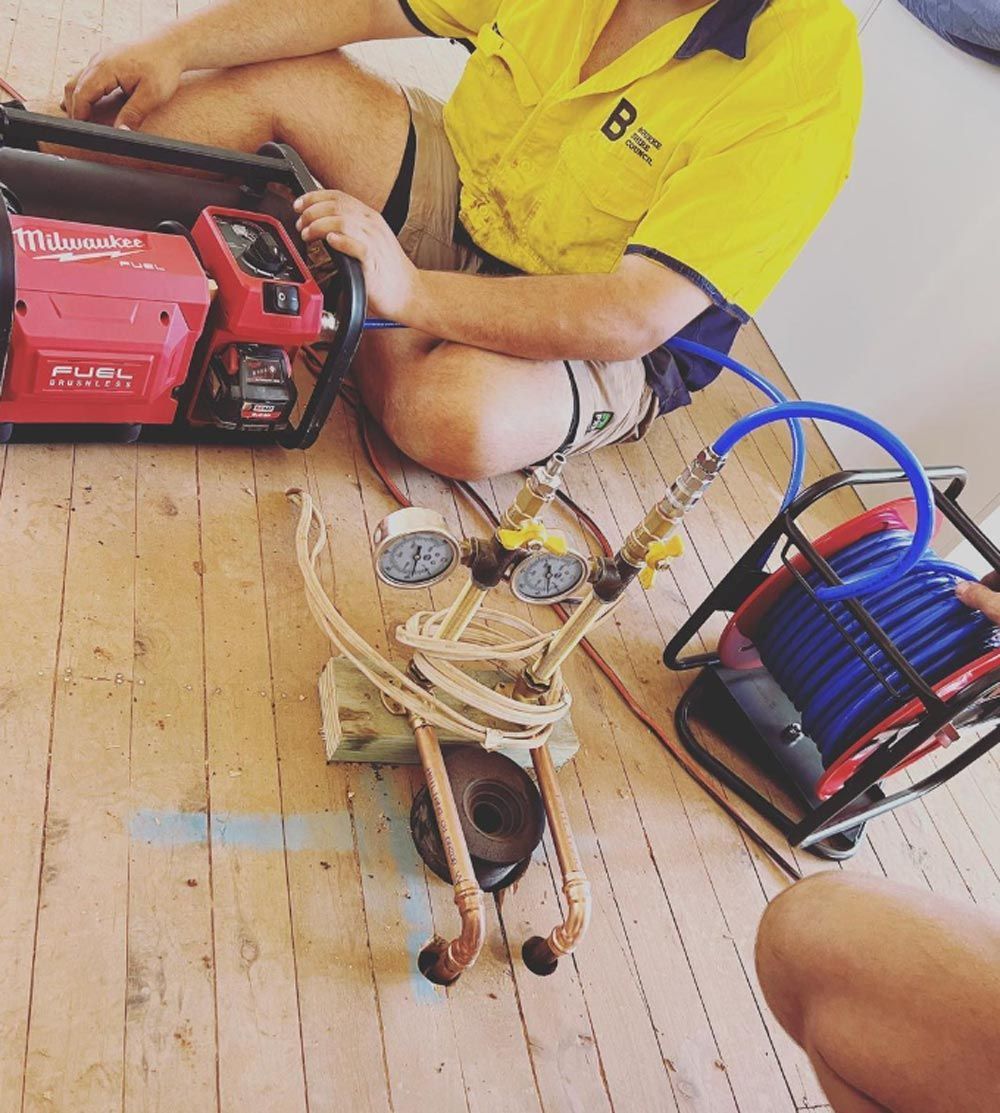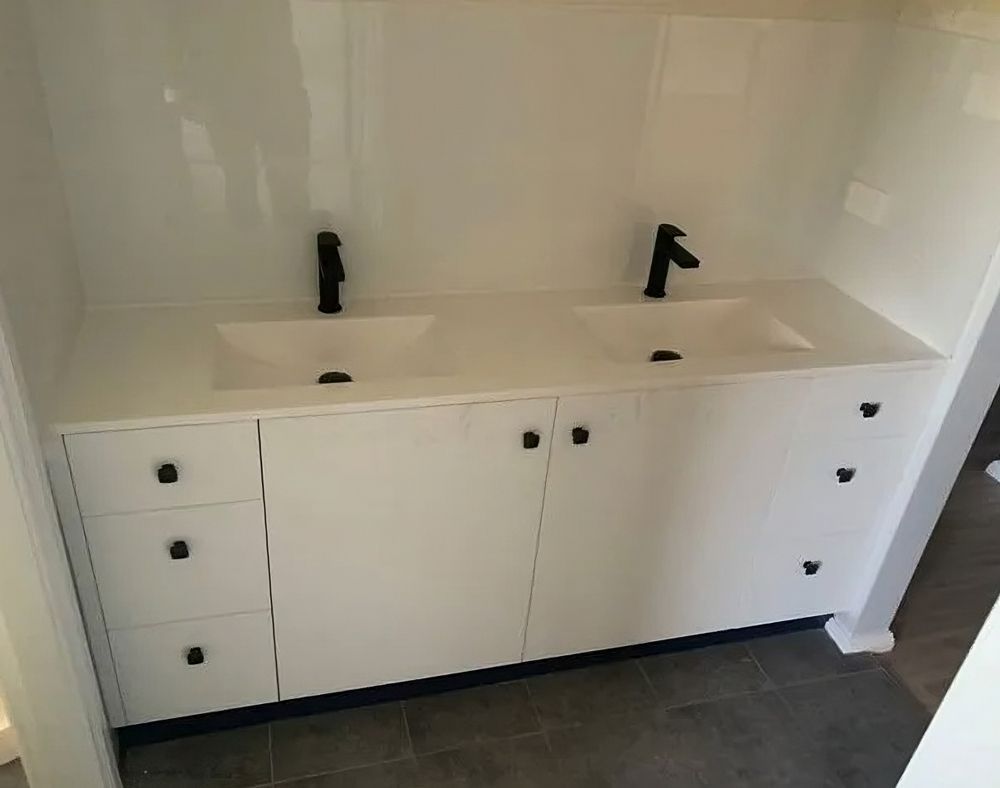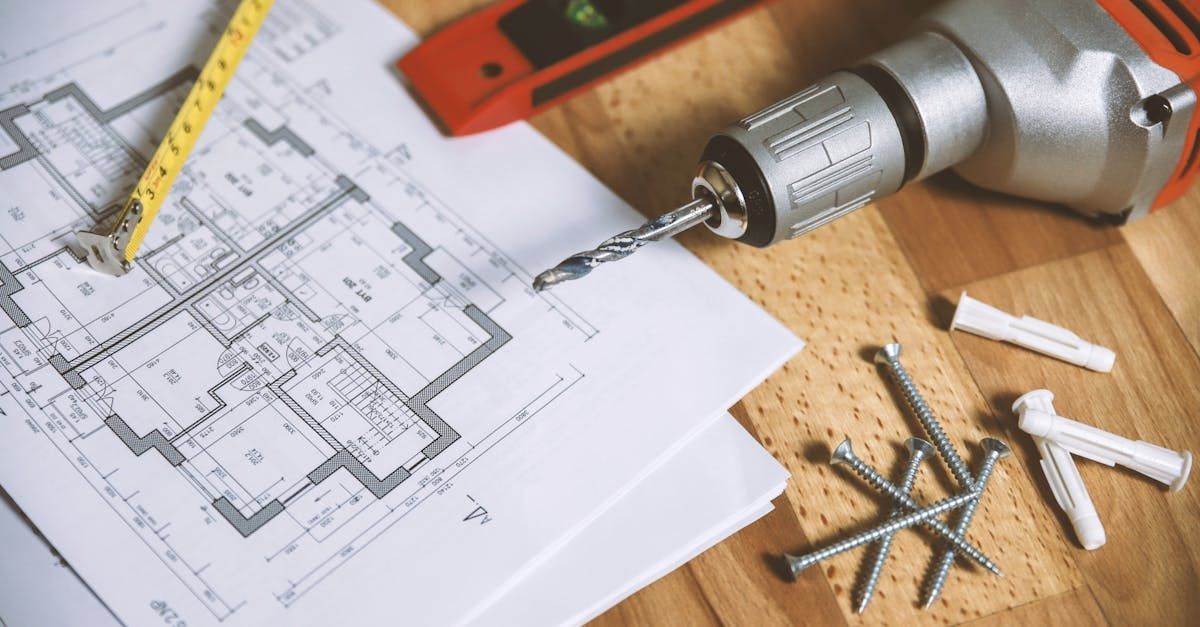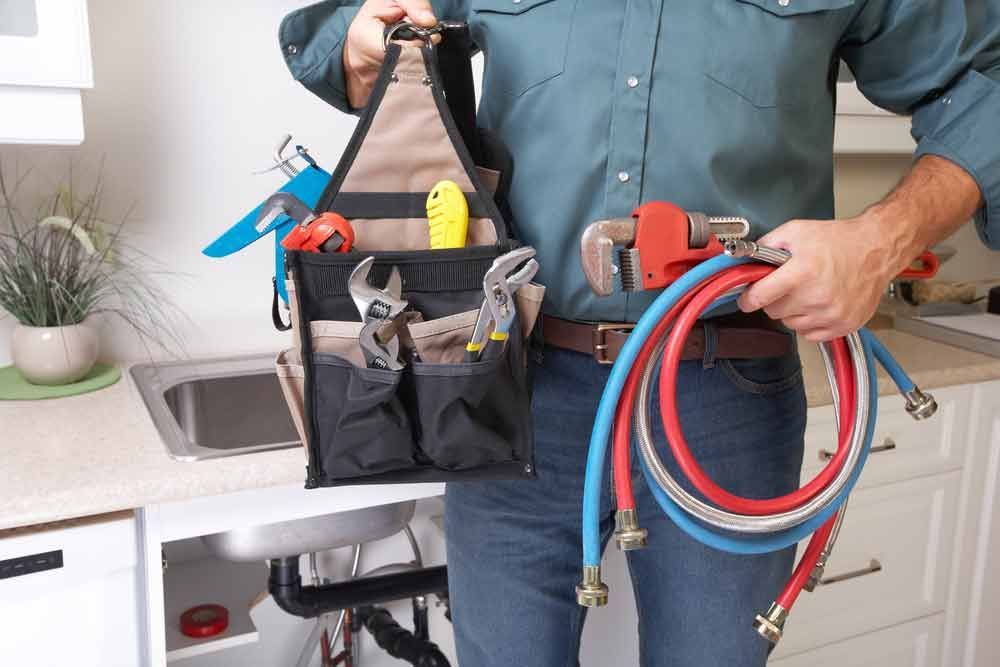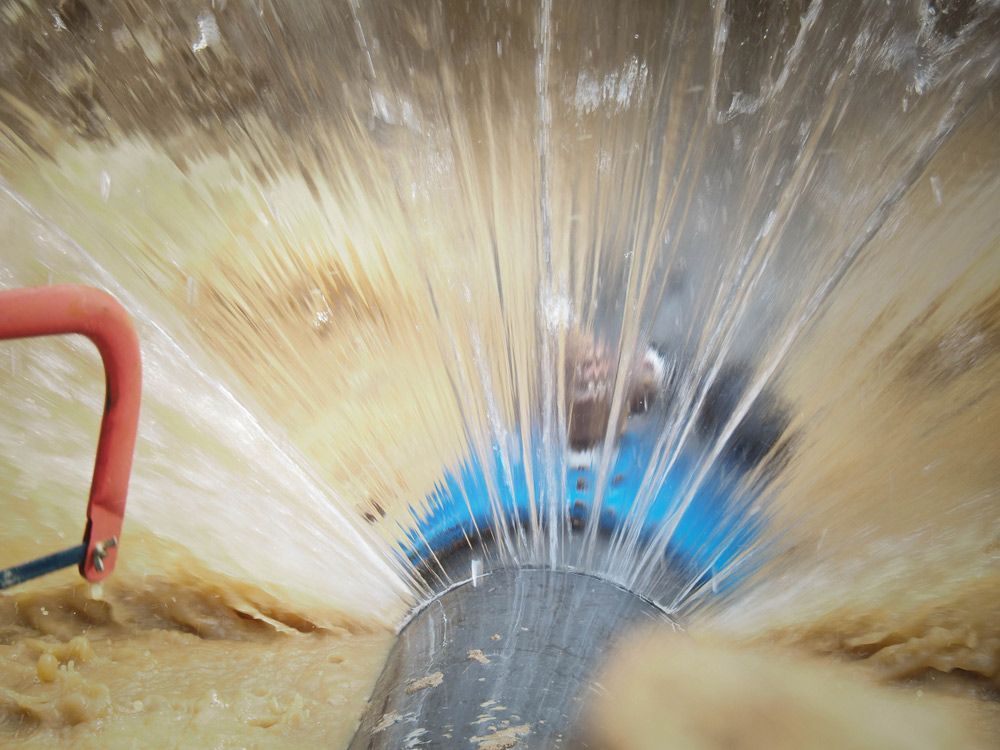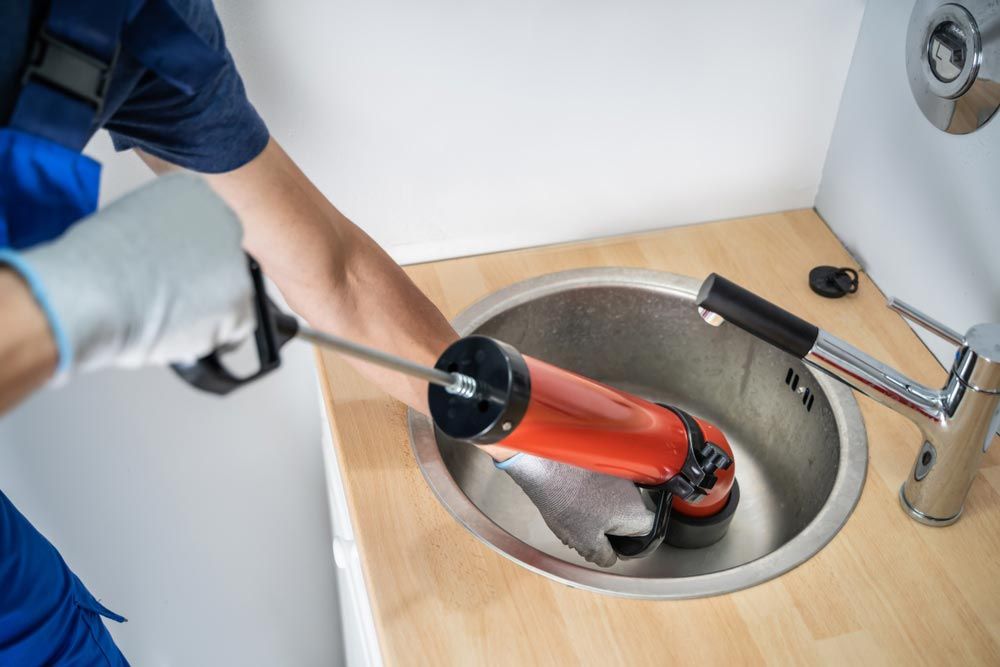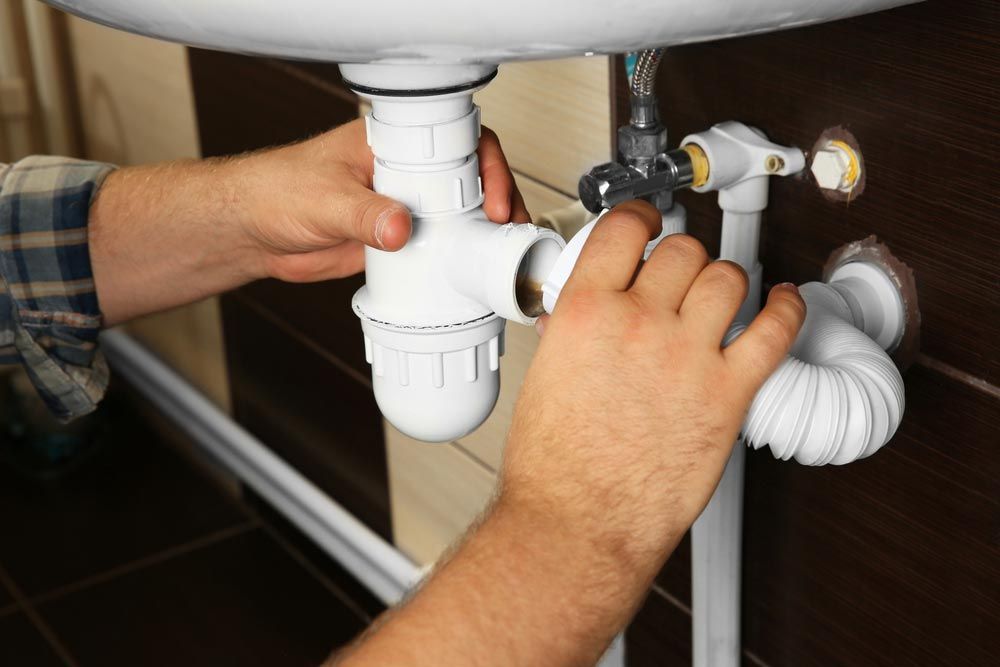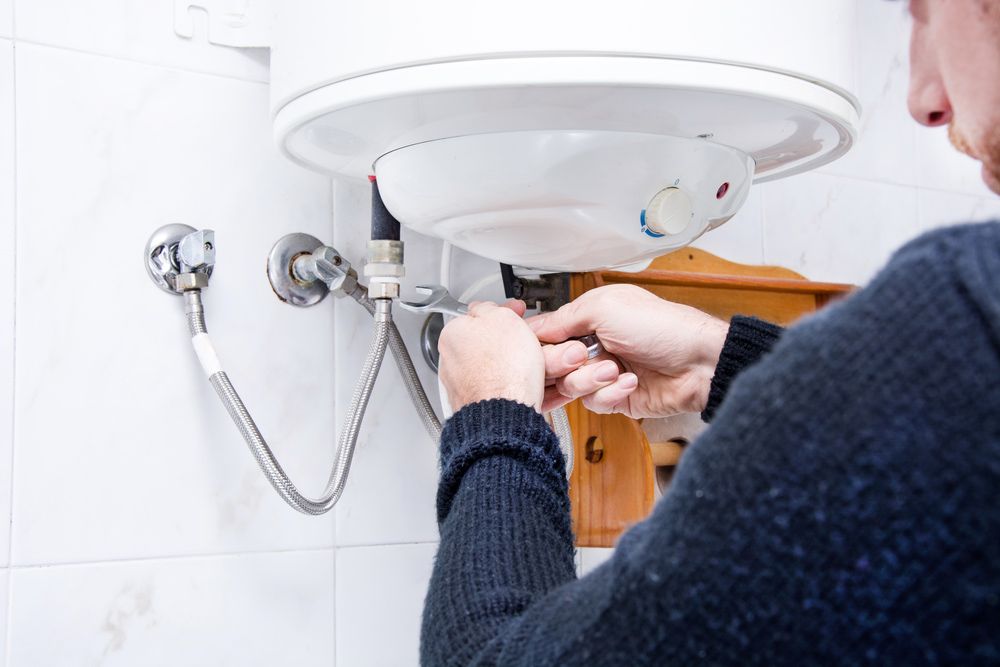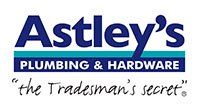How To Tell If Your Drains Are Blocked: Key Warning Signs
Blocked drains can cause major headaches for homeowners and businesses, leading to unpleasant odours, water damage, and costly repairs. Knowing the signs of blocked drains and taking early action can prevent small issues from turning into significant problems. If you’re a property owner, here’s what you need to know about identifying blockages and when to call a plumber.
Slow-draining water in Sinks & Showers
One of the earliest and most noticeable signs of blocked drains is slow-draining water. If your sink, shower, or bathtub is taking longer than usual to empty, it could indicate a blockage. Debris, such as hair, grease, soap scum, and food particles, can accumulate over time, reducing water flow and causing clogs. In commercial settings, where heavy use is common, slow drains may signal an urgent need for a professional commercial plumber to avoid disruptions.
To prevent this, consider using drain screens to catch larger particles and regularly clean out any debris.
Unpleasant Odours from Drains
Foul odours coming from your drains are another telltale sign of a blockage. When organic material like food, hair, or grease becomes trapped in the pipes, it begins to decompose, creating a bad smell that can waft up through the drains. If the smell persists even after cleaning your sink or shower, it’s likely that you have a deeper blockage in your pipes. Residential and commercial plumbers recommend taking action quickly, as the odour can worsen and spread throughout your property.
To prevent odours, avoid pouring grease, coffee grounds, and other waste down the drain, as these can contribute to blockages and odour buildup.
Gurgling Sounds in the Pipes
Gurgling or bubbling noises from your pipes indicate that air is trapped in the plumbing due to a blockage. When water flows past a clog, it can create pockets of air, resulting in unusual sounds in sinks, toilets, or drains. These noises often become louder over time, especially in areas like kitchens or bathrooms where the pipes are frequently used.
A professional plumber can assess the issue and identify the exact location of the blockage to prevent further damage. Regular drain cleaning can help prevent clogs and avoid disruptive sounds in your plumbing system.
Frequent Toilet Blockages
If your toilet frequently becomes clogged, it’s a sign that there may be a larger issue in the drainage system. While occasional clogs may be due to flushing unsuitable items, repeated blockages suggest a deeper issue in the pipes. Blocked drains in homes can lead to messy and unsanitary backups, so addressing this issue as soon as possible is essential.
To prevent frequent toilet blockages, avoid flushing anything other than toilet paper and human waste. Items like wipes, cotton balls, and feminine hygiene products should be disposed of in a bin rather than flushed down the toilet.
Water Backing Up in Fixtures
When water starts backing up in other fixtures—such as when using the washing machine causes the toilet to bubble or the sink to fill with water—it’s a strong indicator of a blockage in the main drainage line. This backup happens when the water has nowhere else to go due to an obstruction, causing it to flow back up through other fixtures.
For these more serious cases, a residential or commercial plumber should be consulted to assess and fix the issue. Professional intervention can help prevent extensive water damage and restore the normal flow in your drainage system.
Keep Your Drains Clear: Call Professional Plumbers in Dubbo Today!
At Mainline Plumbing & Civil Pty Ltd, our experienced commercial and residential plumbers are equipped to handle all types of drainage issues, from minor clogs to major blockages. Whether you’re dealing with blocked drains in Dubbo or require regular maintenance, our plumbers in Dubbo are here to help. Contact us today to restore your plumbing system’s health.
